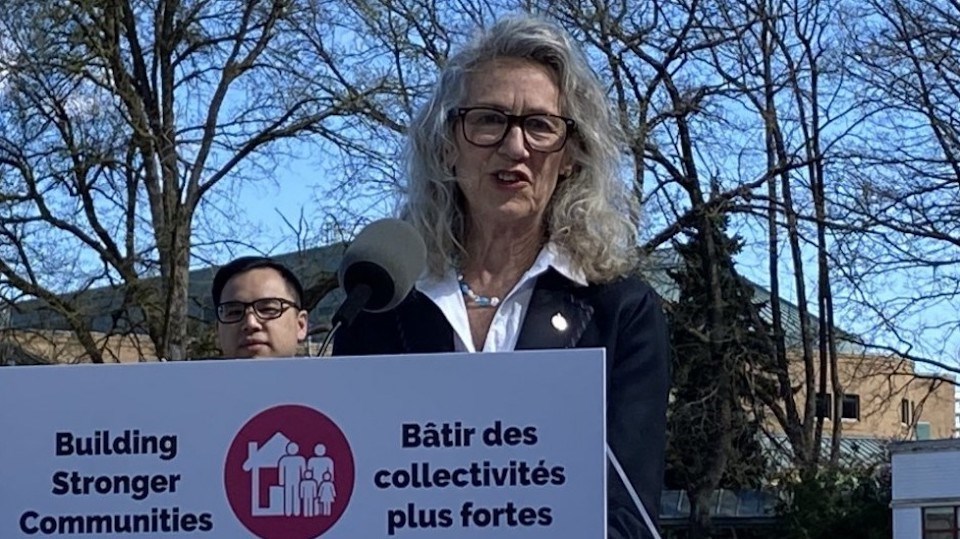Fisheries and Oceans Minister Joyce Murray has reaffirmed her predecessor’s decision not to renew federal licences for salmon farms in the Discovery Islands,,
Murray announced 15 licences will not be renewed, according to Canadian Press. But there were originally 19 licences, which begs the question of whether some licences will be renewed.
Media relations for DFO did not return calls.
The decision to evict all open-net salmon farms in the Discovery Islands by June 2022 was made in 2020 by Murray’s predecessor, Bernadette Jordan.
While salmon farmers have largely complied with the order (all but two of the 19 fish farms in the region have had all fish removed), they won a judicial review that challenged the original order.
A Federal Court last year found Jordan’s order lacked procedural fairness and the order was set aside.
As Jordan’s successor, Murray was forced to review the decision and held a round of consultations with the salmon farming industry, First Nations and other stakeholders.
In the meantime, Murray informed salmon farmers they did not have to decommission their farms until she made a final determination – expected in January – a moot point for many of them, since they have already removed most of the farms from the area.
Two small operations were allowed to continue to grow out their harvest.
The decision to phase out salmon farms in the Discovery Islands was based on a recommendation by the Cohen Commission, set up in 2010 to investigate the 2009 collapse of Fraser River sockeye returns, and vigorous opposition to the industry by First Nations.
That commission found no one smoking gun that might explain the decline in Fraser River sockeye salmon stocks, but did acknowledge open-net salmon farms could pose a risk to wild salmon, through the transmission of diseases, particularly in the Discovery Islands, which is a wild salmon migratory route.
The Cohen Commission recommendation was that, as a precaution, all open-net salmon farms should be removed from the Discovery Islands region by 2022, unless science could demonstrate that salmon farms posed no more than a minimal risk to wild salmon.
That’s precisely what the Canadian Science Advisory Secretariat (CSAS) found -- minimal risk. Prior to Jordan’s decision not to renew federal licences for salmon farms in the Discovery Islands, the CSAS released a peer reviewed science “response” that looked at all the available science on nine fish pathogens. It concluded that open-net salmon farms posed no more than a minimal risk to wild salmon.
More recently, the CSAS also released a peer reviewed response on sea lice. It found the association between sea lice in farmed salmon and wild salmon to be “statistically insignificant.”
Despite those assurances from scientists, the majority of the First Nations in the Discovery Islands are vigorously opposed to open-net salmon farms.
About 25 per cent of Atlantic salmon production has been lost since the Discovery Islands farms were shut down. The salmon farming industry in B.C. is now waiting to hear what the Trudeau government plans to do with the industry more broadly.
Prime Minister Justin Trudeau has ordered a "transition" for the salmon farming industry in B.C. The minister is to have a plan for this transition in place by 2025.



